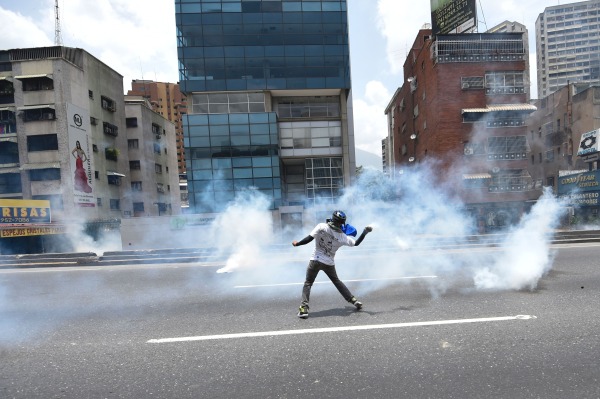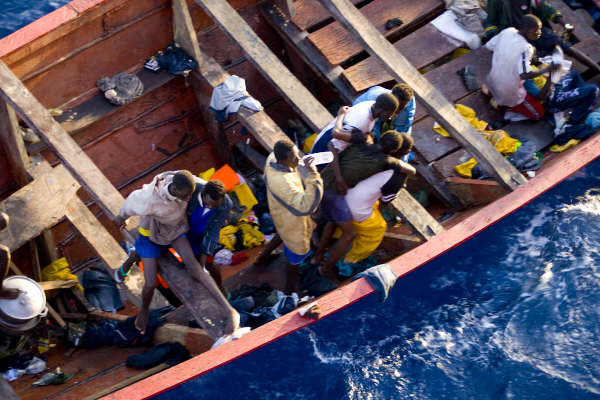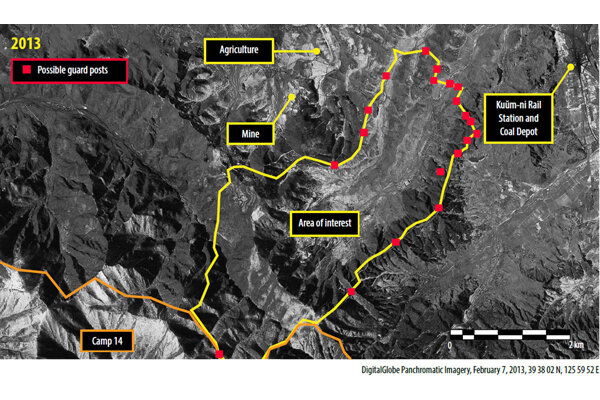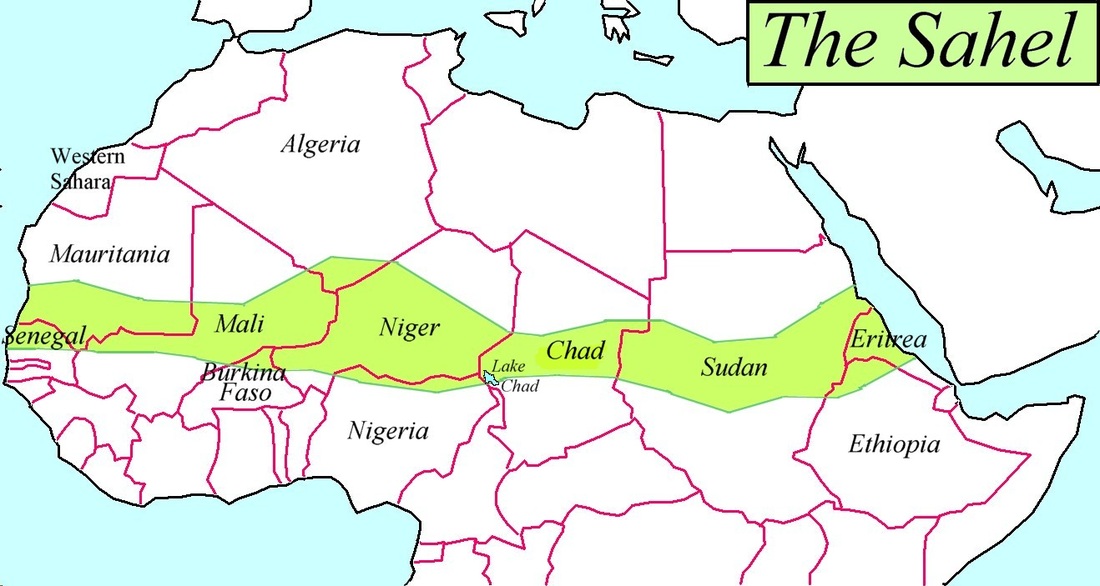Hello FBI, when you get a chance…how about dispatching a few agents to visit Nappy….got any agents available?
Primer: Using a visa loophole to fire well-paid U.S. information technology workers and replace them with low-paid immigrants from India is despicable enough when it’s done by profit-making companies such as Southern California Edison and Walt Disney Co.
But the latest employer to try this stunt sets a new mark in what might be termed “job laundering.” It’s the University of California. Experts in the abuse of so-called H-1B visas say UC is the first public university to send the jobs of American IT staff offshore. That’s not a distinction UC should wear proudly. More here.
 NBC
NBC
The corruption continues –>
Napolitano’s UC hid $175 million while demanding money, audit says
FNC: The University of California hid a stash of $175 million in secret funds while its leaders requested more money from the state, an audit released on Tuesday said.
The San Francisco Chronicle reported that the audit found that the secret fund ballooned due to UC Office of the President overestimating how much is needed to run the school system that includes 10 campuses in the state. Janet Napolitano, the former Department of Homeland Security chief, is in charge of the school system.
Napolitano denied the audit’s claim. She reportedly said the money was held for any unexpected expenses. Her office also denied the amount in the fund.
“The true amount is $38 million, which is roughly 10 percent of (the office’s) operating and administrative budget, a prudent and reasonable amount for unexpected expenses such as cybersecurity threat response and emerging issues like increased support for undocumented students and efforts to prevent sexual violence and sexual harassment,” her office said in a statement.
Elaine Howle, the state auditor who came up with the report, found that from 2012 to 2016 the office looked to raise more funding by inflating estimates. Howle also said that a top staff member in Napolitano’s office improperly screened confidential surveys that were sent to each campus. Howle said answers that were critical of Napolitano’s office were deleted or changed before being sent to auditors.
“I’ve never had a situation like that in my 17 years as state auditor,” Howle said. “My attorneys are looking at whether any improper government activities occurred.”
The UC Board of Regents is now hearing calls to overturn its decision to increase tuition this fall by 2.5 percent.
Howle said Napolitano also overcharged the system’s 10 campuses to fund its operations, paid its employees significantly more than state employees and interfered in the auditing process.
“Taken as a whole, these problems indicate that significant change is necessary to strengthen the public’s trust in the University of California,” Howle wrote in the report.
The audit found that over the course of four years, the UC’s central bureaucracy amassed more than $175 million in reserve funds by spending significantly less than it budgeted for and asking for increases in future funding based on its previous years’ over-estimated budgets rather than its actual expenditures.
“In effect, the Office of the President received more funds than it needed each year, and it amassed millions of dollars in reserves that it spent with little or no oversight,” the report said.
Napolitano argues the amount accounts for 10 percent of the operating and administrative budget. She called it “a modest amount for an organization our size.”
The office argued it did not need to disclose its reserves because the regents had approved the spending in previous years’ budgets. Howle said the undisclosed funds included $32 million collected from campuses that could have been spent for other purposes.
University employees and lawmakers, who requested the audit, expressed outrage over the audit’s findings.
“Today we learned that after squandering millions of public dollars on bloated management and unaccountable ‘initiatives,’ (the Office of the President) has effectively been operating a slush fund that shields hundreds of millions of public dollars from public scrutiny,” Kathryn Lybarger, president of UC’s largest employee union, said in a statement.
She criticized the office’s “skyrocketing executive pay,” a reference to the audit’s finding that the 10 executives in the office were paid a total of $3.7 million in the 2014-15 fiscal year — over $700,000 more than the combined salaries of their highest paid state employee counterparts.
Lt. Gov. Gavin Newsom, a Democrat and member of the UC Board of Regents, said the audit calls into question the university’s decision to raise this fall’s tuition for the first time in six years when it has money available. The decision in January increases the cost of tuition and fees for California residents, who currently pay $12,294 a year, to $12,630.
“It is outrageous and unjust to force tuition hikes on students while the UC hides secret funds, and I call for the tuition decision to come back before the Board of Regents for reconsideration and reversal,” he said.
Among her recommendations for reforms, Howle suggested that state lawmakers should increase oversight of the office.
However, she said the office’s attempt to interfere with the audit process by reviewing surveys auditors sent to the campuses “cast doubt on whether it will make a genuine effort to change.”
In 2012, the director of the California Parks Department resigned after it came to light that the department hid $54 million in parks funding for more than a decade, at the same time the state threatened to close dozens of parks to save money amid a state budget crisis. The state auditor recommended new accounting methods, which were later adopted.








